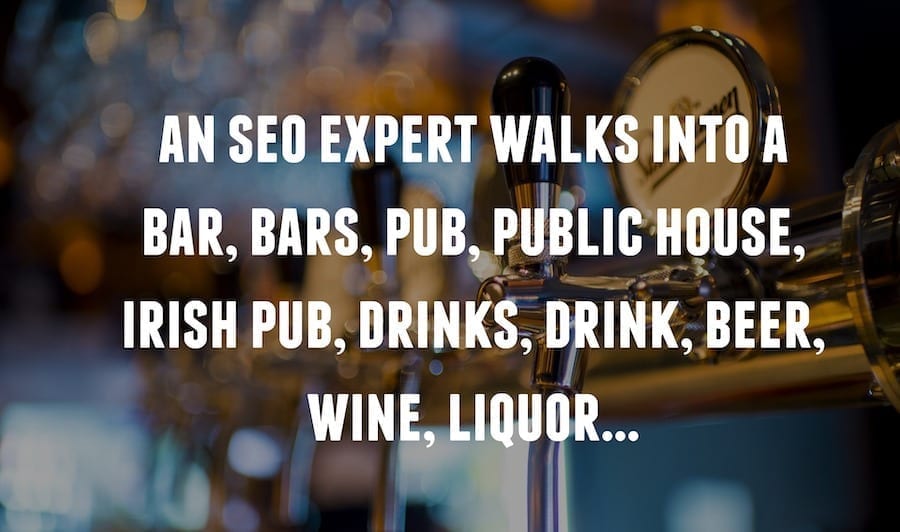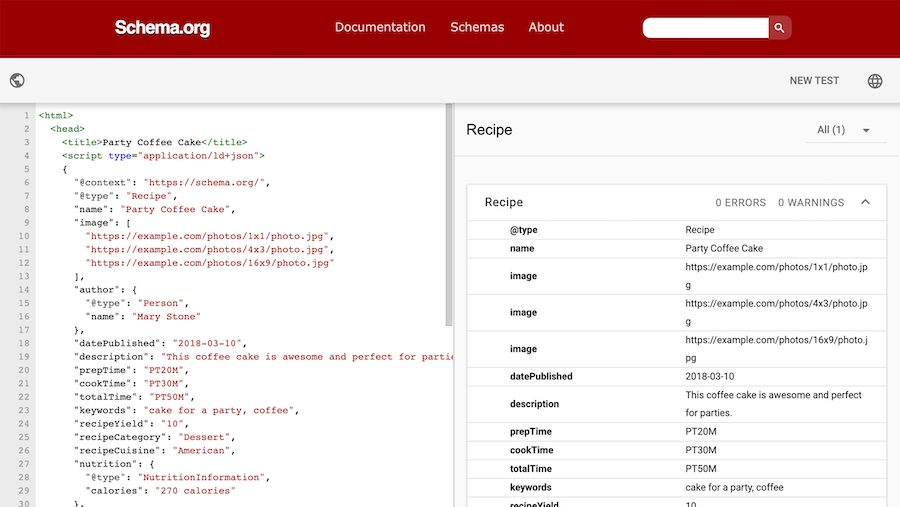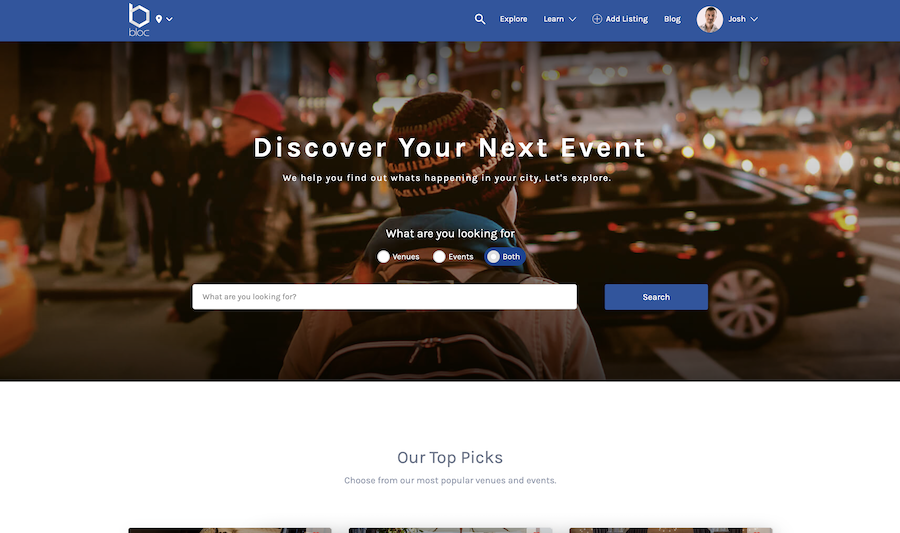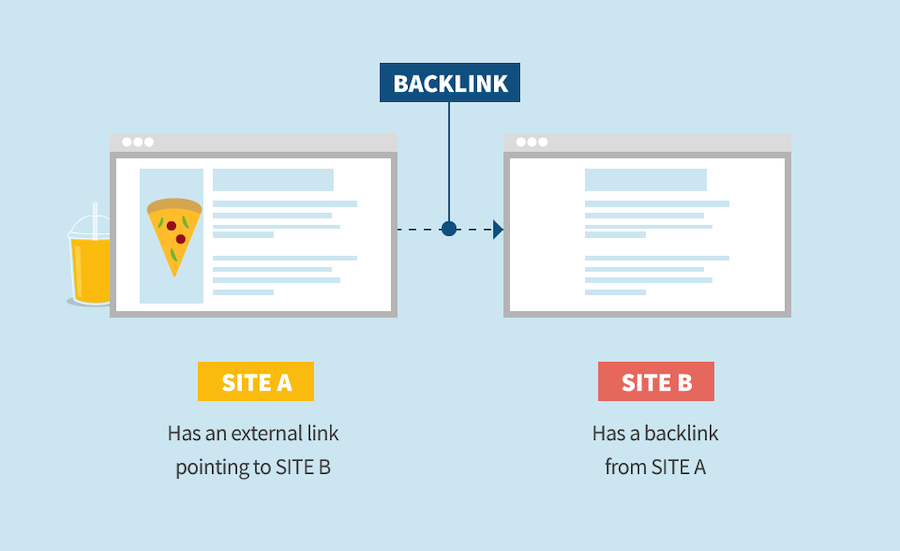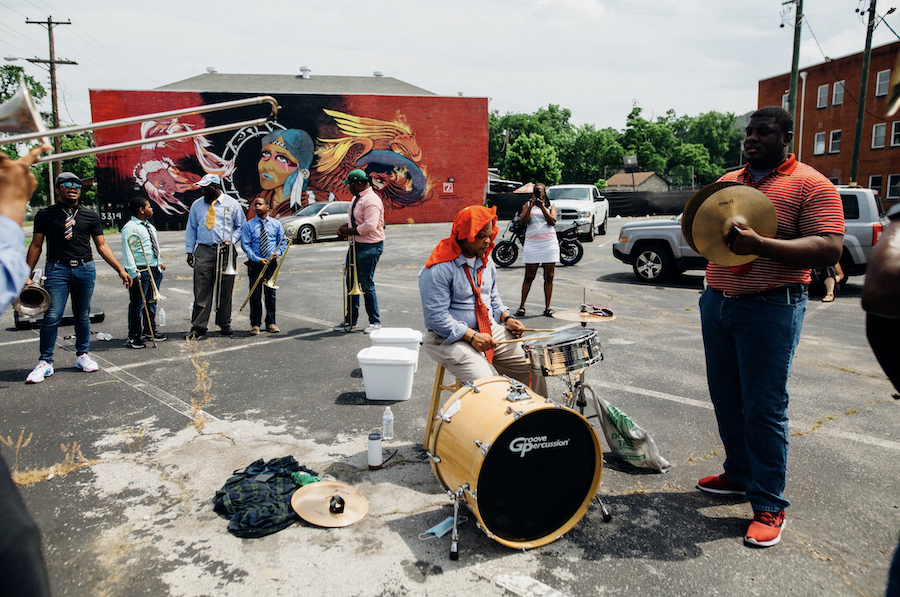SEO For Events – How to Increase Your Event’s Rankings?
SEO for events constitutes a core element of the marketing strategy of modern-day businesses.
Regardless of the industry, events are crucial in attracting potential customers while keeping the existing ones engaged.
Search Engine Optimization (SEO) forms a key aspect of marketing when promoting any event in today’s digital world.
Event planners and organizers can use the best SEO for events to optimize landing pages, videos, social posts, and articles.
Read on to delve into some of the effective ways of boosting your event rankings and visibility.
1. Adopt an event schema markup for your website
2. Embrace ticketing marketplaces and sites
3. Focus on event pages
4. Use social proofing
5. Check your SEO for event pages
6. Ensure your website is mobile-friendly
7. Focus on getting natural backlinks
8. Link to social media profiles
9. Use facebook events
10. Online communities
11. Enhance local visibility
12. Research your competitors
1. Adopt an event schema markup for your website
One of the integral components of strategizing SEO for events is to incorporate an event schema markup in your website.
An event schema markup is essentially a structured format of data that lets the search engine know that it is a landing page for an event.
This makes it possible to direct your target audience towards the relevant page and let them engage actively with the event.
In addition, event schema offers useful details such as – event features, who it is intended for, organizers and speakers, time and date of the event, location, and the arena it pertains to, such as business, culture, fashion, etc.
You have two ways to use the event schema to optimize SEO for events.
First, you could add your event to such independent websites that support event schema.
These websites will publish your event such that it appears on the rich search results.
Second, you could link your event schema through your CMS or implement it on the HTML of your website.
2. Embrace ticketing marketplaces and sites
Another amazing element for boosting SEO for events is to make the best use of ticketing marketplaces and sites.
As an event organizer, you could keep your audience engaged by letting them use Google and buy tickets through platforms that qualify for selling them.
Such websites usually achieve this through their event ticket seller certification.
Some common examples of such websites or platforms are – Bloc Nearby, Eventbrite, Stubhub, LiveNation, Ticketmaster, and more.
Adapting this element in your SEO for events strategy could significantly boost the branding and promote your event.
3. Focus on event pages
Studies suggest that Google itself emphasizes the optimization of your website using various aspects.
While promoting a virtual event could seem overwhelming, focusing on certain SEO elements could make it easier.
4. Use social proofing
Social proof or authoritative statements and feedback from genuine sources could significantly increase your event’s rankings.
Some examples of social proof include expert reviews, Google reviews, influencer comments, and such.
Research suggests that a whopping 94% of people rely on research to know about a product or service while 87% prefer checking reviews of local online businesses.
In addition, it’s highly recommended to make social media event marketing a key component of your overall marketing plan.
As the audiences respond and create conversations on social media channels, there are higher chances of keeping them engaged.
Besides, these posts and interactions rank much higher on Google, thereby promoting your event.
5. Check your SEO for event pages
It’s worth mentioning that you validate your SEO for event pages using the markup schema through the Google Rich Results Test.
This test considers various aspects and includes identifying errors, checking the rich results types, and offering recommendations to structure the data better.
The tool offers descriptive and detailed inputs on factors that can be enhanced instantly.
6. Ensure your website is mobile-friendly
As most people look for events and register them using their smartphones, it’s a crucial part of the SEO for events strategy that your event pages are responsive.
Make sure that your event website pages or landing pages are compatible and user-friendly across various mobile devices.
Also, it is imperative that the mobile responsiveness works for both organic results and paid ads for your events.
7. Focus on getting natural backlinks
Backlinks are the links that come from various other websites and increase your site’s credibility
As a part of your SEO for events, these links boost the website’s rank.
Backlinks enhance your landing page authority and garner more attention from the target audience.
There are multiple ways to get backlinks to your website to promote your events.
8. Link to social media profiles
A great way to enhance your SEO for events is to add a link to your social media profiles.
As most traffic occurs via these channels, they offer immense potential to attract users. Various tools like LinkTree, Tap Link, etc., let you connect your event pages to social networks like Instagram, Twitter, and Facebook.
This offers a sure-shot way to engage with your audience about your event.
9. Use facebook events
Facebook offers an exceptional way to create events that are user-friendly and highly effective in connecting with the audience.
Besides providing a relevant backlink for event SEO, the Facebook event allows options to ensure privacy.
The most noteworthy aspect of Facebook events is that many platforms that sell event tickets integrate conveniently with this feature.
10. Online communities
Another excellent option for SEO for events is to reach out to online communities like those on Twitter, Facebook, and others to offer information about your event.
These communities encourage interaction among members and let you know their opinions and views. In addition, it is a great idea to meet in person with your audience in the local community areas to promote your event.
11. Enhance local visibility
One of the key strategies underlying SEO for events is to focus on location-specific on-page SEO.
Quite often, event organizers use this technique to optimize their event pages by providing info on the event, the participants, and the benefits of attending it.
You can implement on-page SEO based on location by incorporating it in Headings, Alt text of images, meta description, and the URL.
Various popular SEO tools like SEMrush and Ahrefs help professionals come up with relevant primary and secondary keywords for the events.
12. Research your competitors
Finally, but most importantly, investigate and understand what your competitors are focusing on.
Check out the backlinks to their event landing pages. Besides, it could be really helpful to use the SEO automation tools like SEMrush, which provide adequate info on competitor keywords, customers’ intent, and more.
Wrapping up
SEO is important not just in driving traffic for content but for events as well.
Adopt the best practices pertaining to SEO for events outlined in the article to reap the benefits and attract the right audience for your virtual or physical events.
